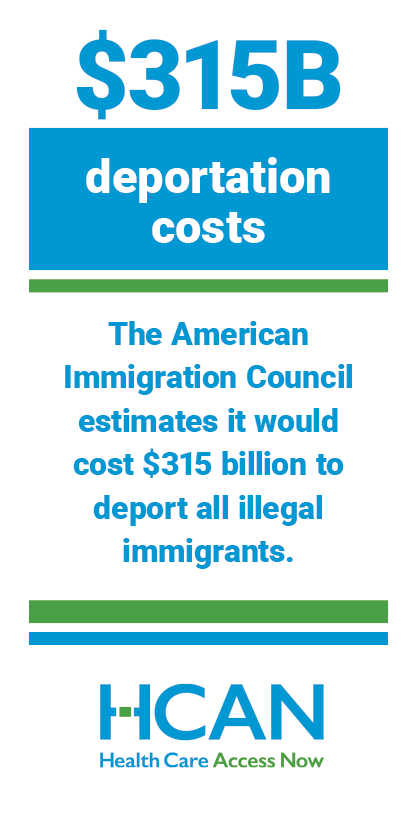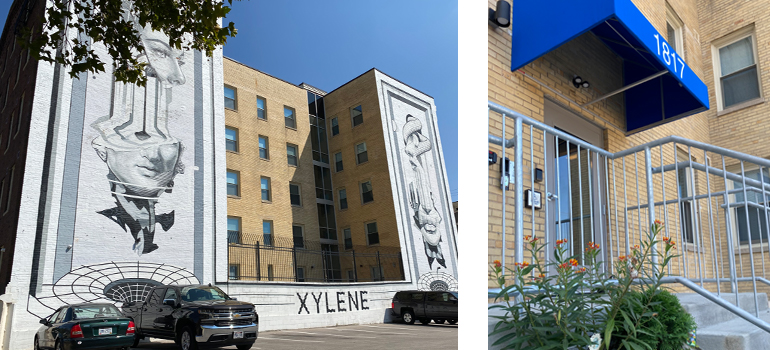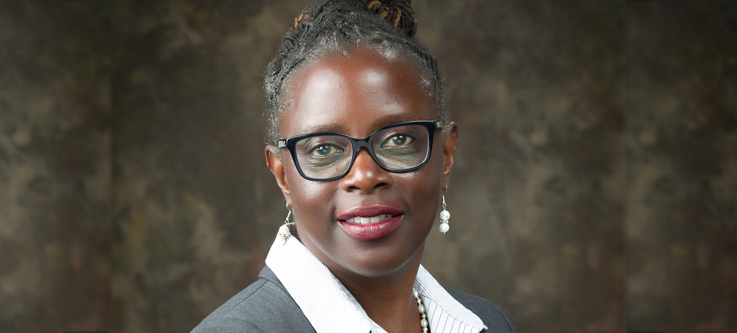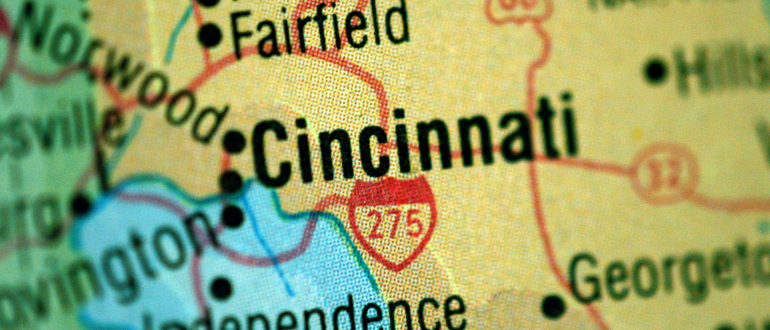“The Community Is Terrified”: How Political Rhetoric Affects Immigrants’ Ability to Access Health Care

Undocumented immigrants struggle when they need to access medical care. “Undocumented immigrants don’t have access to insurance; they can’t buy insurance through the marketplace,” says Mayra Casas Jackson, Executive Director of the Immigrant and Refugee Law Center (IRLC). They are not eligible for Medicaid either. That means they must pay out of pocket for every health service they access.
IRLC was started in 2017 to supply legal services for “refugees, asylum seekers, exploited immigrant youth, and survivors of domestic violence and other serious crimes.” These services include citizenship applications, permanent resident applications, asylum claims, family-based petitions, and more. By “helping [clients] understand and pursue their legal options,” IRLC helps them “create stability and security for their families and the community.”
Preparing the community for the coming year is a priority for IRLC right now. “We cannot tell them that everything is going to be okay—because it’s not. Based on our experience with [President-elect Trump’s previous term] and what we’ve heard from him, everything is on the table,” says Casas Jackson. “We expect that this time it is going to be worse because they will target what they learned worked [during the previous term].”
Economic impact
There are many misunderstandings about how undocumented immigrants contribute to the U.S. economy and the effects of mass deportation. For example, according to the American Immigration Council, undocumented immigrants pay $22.6 billion/year toward social security—which they are not eligible to receive.
Casas Jackson describes the immigrant population as “very hard-working. Many have been here for 10 or more years and have children who were born in the U.S. They contribute to the economy.” She says that if they cannot stop deportation, IRLC wants them to “have peace of mind supporting relatives here.”
Barriers to health care
Undocumented immigrants face many obstacles to accessing health care. Often, undocumented immigrants will wait until they “are in so much pain they go straight to the emergency department because it’s the only place that can’t deny services,” says Casas Jackson. However, providers can refuse to schedule follow-up care without insurance. She and her colleagues direct undocumented immigrants to clinics that provide free or reduced fee access. “But it’s not the same level of care.”
Not speaking English well is another significant barrier for many immigrants, along with education. As Casas Jackson says, a lot of immigrants are “coming from third-world countries where they don’t receive education on preventive treatment.” It’s important for medical providers to educate themselves on cultural sensitivity—a practice that Casas Jackson has seen increasing over time.
Language services can sometimes not be very effective. “Providers will have a conversation with the interpreter instead of the client. The interpreter should be a ghost in the room, just repeating what’s said.” Cultural sensitivity comes into play here, too. “How do I do more work to learn about the person I’m working with to make sure they understand what I’m telling them?”
She notes that getting to the root of the problem is most effective, citing medical-legal partnerships to address social drivers of health. “Immigrants may be living in terrible conditions and the consequences such as mold or lead are reflected in the health of the children and family.” Programs like the Cincinnati Child Health-Law Partnership can help improve housing conditions and therefore health.
Looking forward
In 2016, “the very next day after [Trump became president], 70% of immigrant children missed school,” Casas Jackson says. “Their families were terrified schools would share information with the government.” The IRLC educates the immigrant community about sensitive locations, such as schools and health providers, which will not share information with law enforcement. “Now we have heard from Trump that he is going to get rid of sensitive locations, so we can’t tell clients they’ll be safe there in the future.”
This makes messaging difficult. “We don’t want them to stop seeking health care because of fear of being deported.”
Community Health Workers can help immigrants navigate the complex medical system, providing resources to help them find health insurance, direct them through English-only phone appointment systems, and find health centers that can provide free medical care, as examples.







